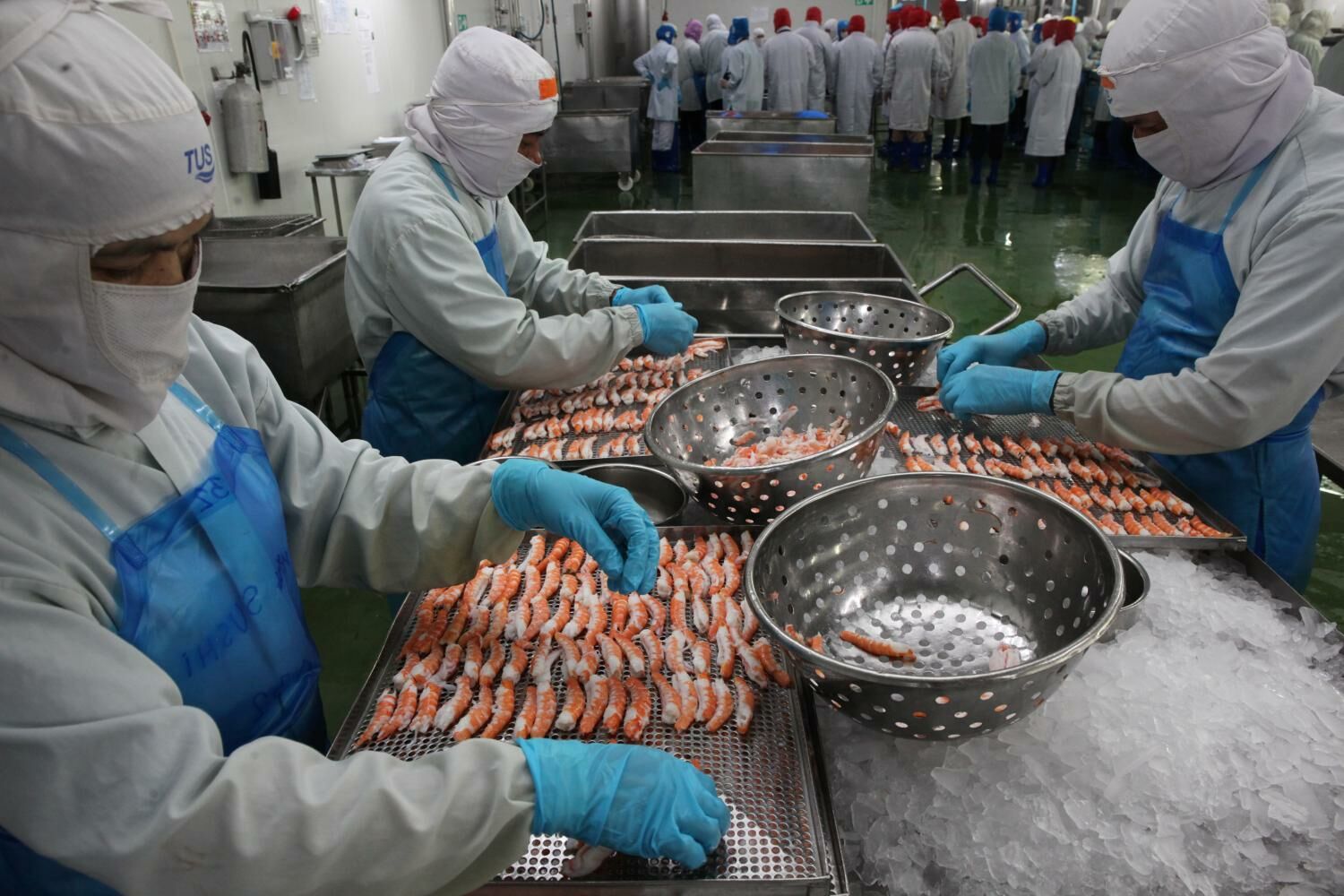Thai food exports forecast to grow despite challenges

Despite economic uncertainties, inflationary pressures, foreign exchange fluctuations, and rising production costs, Thai food exports are predicted to grow by 2.1% to 1.5 trillion baht this year. The main factors supporting this outlook include the government’s policies to stimulate economic growth, the country’s reopening after the pandemic, global supply chain shortages, increased concerns about food safety, and the high-quality standards of Thai food products.
Moreover, China’s reopening and easing of zero-Covid measures have contributed to increased trade volumes and reduced transport times, benefiting goods popular in southern China, such as frozen chicken. Anong Paijitprapaporn, a director at the National Food Institute, however, noted that many factors might impede exports, including rising energy prices; concerns about currency volatility; the weakened purchasing power of Japanese consumers due to the yen’s continued to decline; and ongoing inflationary pressures limiting purchasing power in major import markets like the US, Europe, and Japan.
Key raw materials, such as pineapple, cassava, shrimp, and tuna, could also experience production decreases, according to Paijitprapaporn. Furthermore, a joint report by the Thai Chamber of Commerce, the Federation of Thai Industries, and the National Food Institute revealed that food exports for the first quarter were valued at 346 billion baht, a 10% increase year-on-year. This growth is primarily due to increased global food demand, concerns about food security, the Ukraine war, and extreme weather conditions brought about by the El Niño phenomenon.
The easing of China’s zero-Covid restrictions has also supported the expansion of Thai food exports. Notably, first-quarter export growth was recorded for sugar, rice, chicken, and fresh fruit. Sugar export value reached 40.3 billion baht, a 37.3% increase due to food shortage concerns and stockpiling, as well as the extension of India’s sugar export restrictions. Rice exports, worth 38.1 billion baht, increased by 29.2% as a result of limited production by other major exporters and increased stockpiling by rice-consuming countries. Chicken exports reached 36.2 billion baht, a 14.7% increase, with fresh chilled chicken being the main export to China and processed chicken exports expanding in the UK and EU markets. Fresh fruit exports reached 27.5 billion baht, up by 59.4%, with the majority destined for China after its Covid restrictions were eased.
Anong stated that food export volumes are expected to decline in the second quarter due to a high base from the previous year but are expected to recover in the second half. In the first half, food product exports are anticipated to reach 734 billion baht, down 1% year-on-year, while the second half is forecast to see a 5.2% increase in volume with a total export value of 766 billion baht, reported Bangkok Post.
Latest Thailand News
Follow The Thaiger on Google News:
























